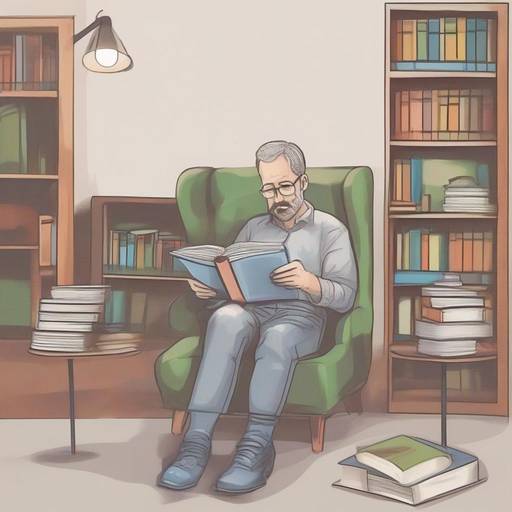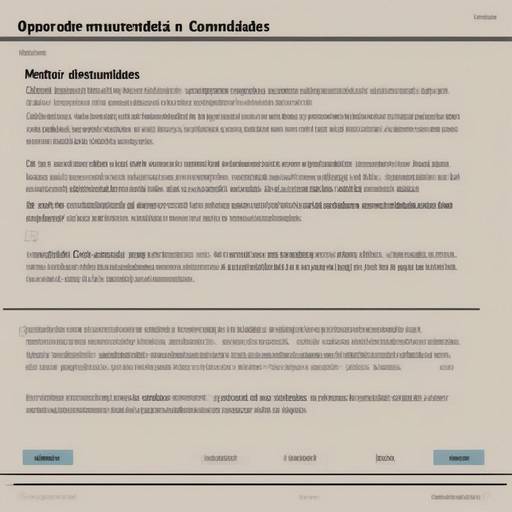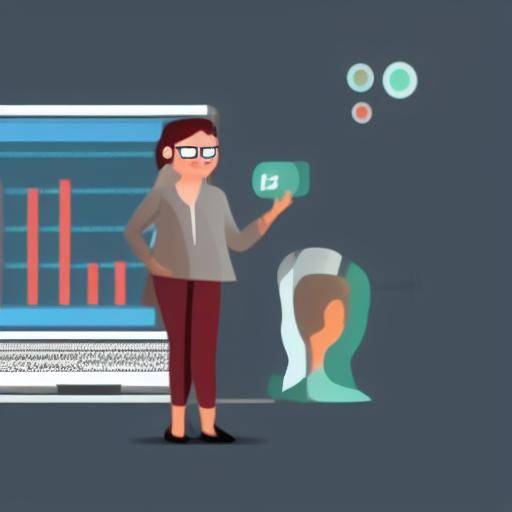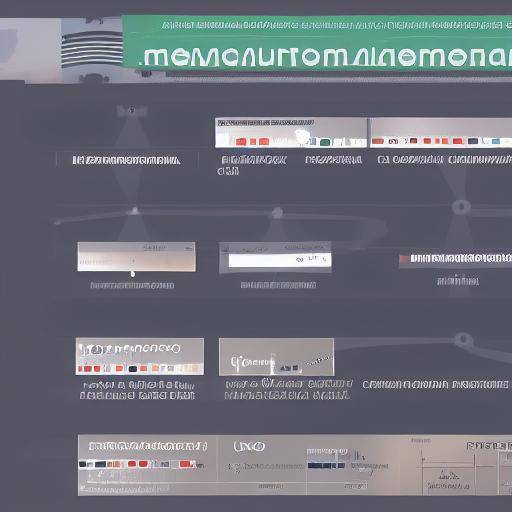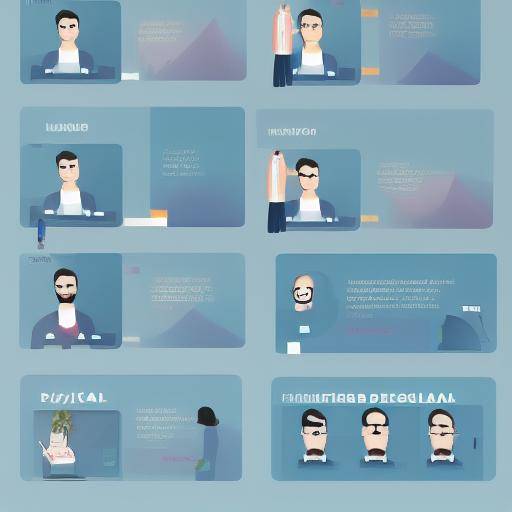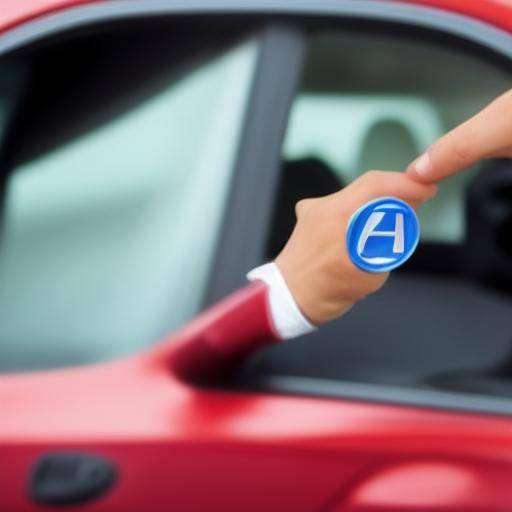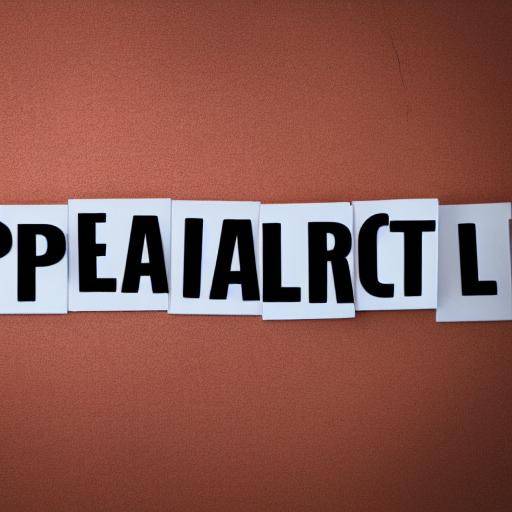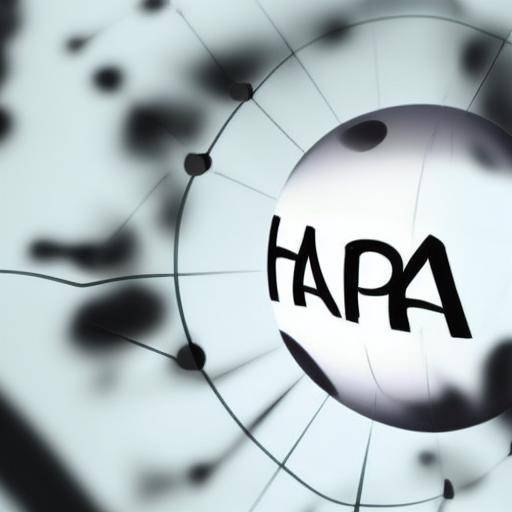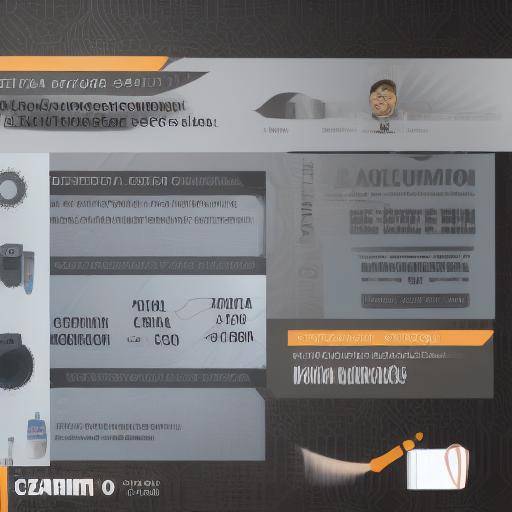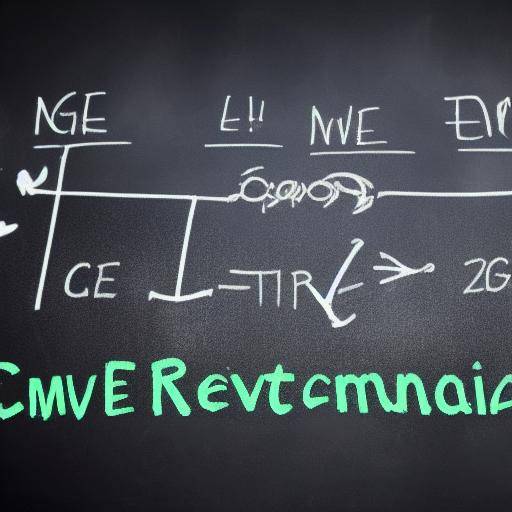
Continuous education plays a crucial role in the development of self-control and personal growth. Throughout history, it has been fundamental in the formation of individuals capable of managing their emotions, making rational decisions and achieving a balance in their daily lives. In this article, we will explore in depth how education continues to impact self-control and, consequently, personal growth, from its historical evolution to future trends. We will analyse in detail the benefits, practical applications, challenges and views of experts in this field.
History and Background
Continuing education has been a crucial component in the development of societies throughout history. From ancient civilizations to the present, the cultivation of self-control has been a constant goal. In ancient Greece, education focused on the integral formation of the individual, including the development of self-control as a fundamental skill. During the Renaissance, the idea was promoted that an educated mind was able to master its impulses and emotions to achieve a full life. These historical backgrounds mark the beginning of the importance of continuing education for the development of self-control.
During the twentieth century, psychology and pedagogy evolved significantly, shedding light on the importance of self-control in personal growth. The theories of self-efficacy of Albert Bandura and the theory of self-regulation of social cognition have demonstrated the positive influence of continuing education in the development and strengthening of self-control. These historic milestones have laid the foundation for understanding the relationship between continuing education, self-control and personal growth today.
Analysis in Deep
The impact of continuing education on self-control is manifested in a number of tangible benefits. Individuals who have received continuous education have greater ability to regulate their emotions, resist the temptation of instant gratifications and effectively manage stressful situations. These benefits not only influence personal development, but also have a positive impact on decision-making, interpersonal relationships and labour productivity.
The key challenge in the development of self-control through continuing education lies in the need for constant commitment and a culture of growth. Often, people can be frustrated by facing obstacles on the road to self-control, which can demotivate them. However, with appropriate focus and support, continuing education offers tools to overcome these challenges and strengthen self-control progressively.
Current trends show a growing interest in integrating continuing education into digital environments, which has expanded access to self-control resources and programmes in different contexts. The combination of educational technology, such as mobile applications and online platforms, with effective pedagogical approaches has proven to be a promising strategy to promote self-control through continuous education.
Comprehensive review
Self-control developed through continuous education is manifested in a variety of practical contexts. From effective time management to informed decision-making, self-control acquired through continuing education directly influences personal and professional success. Experts in this field point out the importance of fostering an environment that promotes self-control, both in the field of education and in the workplace, as a key to the integral development of individuals.
Despite the obvious advantages, there are discussions about the most effective approaches to developing self-control through continuing education. Some advocate the importance of integrating self-control into the education curriculum from early ages, while others advocate for continuing adult training programs that reinforce these skills throughout life.
The thorough analysis of different methods and approaches emphasizes the need to adapt educational strategies to individual needs, recognizing that the development of self-control is a personalized process that requires attention to the differences of learning, cultural and contextual.
Comparative analysis
The relationship between continuing education, self-control and personal growth is intrinsic. Continuous education provides the necessary tools to strengthen self-control, which in turn translates into significant personal growth. Although the main focus of continuing education can be to acquire specific skills, personal growth is a natural consequence of strengthening self-control. Both aspects work in synergy, contributing to the integral development of individuals.
A clear example of this relationship is seen in the ability of individuals with a high level of self-control to face challenges, learn from their mistakes and maintain a resilient attitude. These are fundamental skills for personal growth, which are strengthened through continuing education, generating a positive feedback cycle.
Practical Tips and Accessible Recommendations
Continuous education in the development of self-control requires a holistic, person-centred approach. Some best practices include setting specific goals related to self-control, integrating self-reflection and self-monitoring techniques, as well as participating in training and training programs that encourage the development of self-control skills.
In addition, regular practice of activities that promote self-control, such as meditation, mindfulness or the establishment of daily routines, can complement and enhance the effects of continuing education on the development of self-control.
Future Visualization: Trends and Predictions
The future of continuing education in the development of self-control is bright, with an approach to integrating innovative methodologies such as virtual learning, emotional intelligence and neuroeducation. These trends seek to optimize the acquisition of self-control skills by adapting to the needs of the current environment and the challenges presented in a constantly changing world.
Increased emphasis is placed on the combination of technical skills with self-control skills in the curricula, as well as a growing focus on the development of emotional intelligence as an integral part of continuing education. Similarly, executive education and leadership development are expected to actively incorporate self-control training programmes as a strategic asset for organizational success.
Conclusions
In conclusion, continuing education plays a crucial role in the development of self-control and thus in the personal growth of individuals. Throughout history, education has been a fundamental pillar in the cultivation of self-control, and today it remains a determining factor in strengthening this relevant skill. From a conceptual perspective to its practical application, continuing education offers a solid path to promoting self-control and personal growth.
That said, it is important to remember that the development of self-control through continuous education is a continuous and personalized process that requires commitment, focus and an enabling environment. Current and future trends aim at greater integration of innovative approaches to strengthening self-control, anticipating a significant impact on the personal and professional development of people.
Frequently asked questions
**How does education continue to develop self-control?**Continuous education provides people with the necessary tools to understand, practice and strengthen self-control. Through training programs and educational resources, individuals acquire skills that enable them to manage their emotions, make reflexive decisions and improve their self-regulation capacity.
**What are the benefits of self-control in personal growth?**Self-control facilitates conscious decision-making, effective stress management, the promotion of strong interpersonal relationships and the promotion of healthy habits. These benefits contribute directly to personal growth, strengthening resilience, self-confidence and promoting the integral well-being of individuals.
**What continuing education approaches are more effective in the development of self-control?**Effective approaches to self-control development through continuing education include programmes that integrate emotional education, self-regulation techniques, mindfulness practices and self-reflection strategies. The combination of theoretical and practical approaches allows a deep understanding and effective application of self-control in everyday life.
**How can self-control be fostered in educational and labour environments?**Promoting self-control in educational and labour environments requires the implementation of support strategies, both individually and organizationally. This may include the integration of self-control skills development programs, the creation of self-regulation environments, and the recognition and valuation of resilience as a key competition for success.
**What is the impact of self-control on decision-making?**Self-control has a significant impact on decision-making, as it allows people to more clearly evaluate the available options, resist immediate momentum and consider long-term consequences. The development of self-control through continuing education improves the ability to make informed and appropriate decisions in various circumstances.
**What role does self-control play in the workplace?**Self-control plays a key role in the workplace by influencing productivity, the ability to manage high-pressure situations, effective conflict resolution and the maintenance of constructive labour relations. Professionals with strong self-control skills tend to stand out in challenging working environments.
**What are future trends in the integration of continuing education and the development of self-control?**Future trends point to the integration of innovative methodologies, such as virtual learning, emotional intelligence and neuroeducation, to strengthen the development of self-control through continuous education. A growing approach is expected in the acquisition of technical skills and self-control skills, recognizing their importance in the current world of work.
In short, continuing education plays a key role in the development of self-control and personal growth. Through a holistic approach, the combination of theory and practice, as well as the integration of innovative approaches, continuous education has the potential to significantly strengthen self-control and its positive impacts on people's lives. These trends point to a promising future, where self-control through continuous education is positioned as a fundamental pillar for the development of resilient, proactive and committed individuals with their personal and professional growth.









